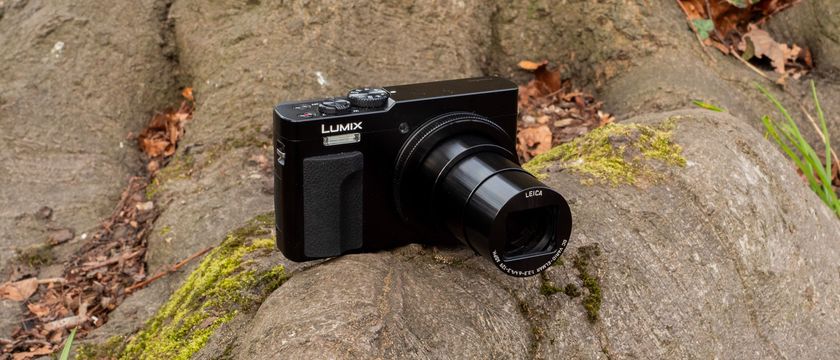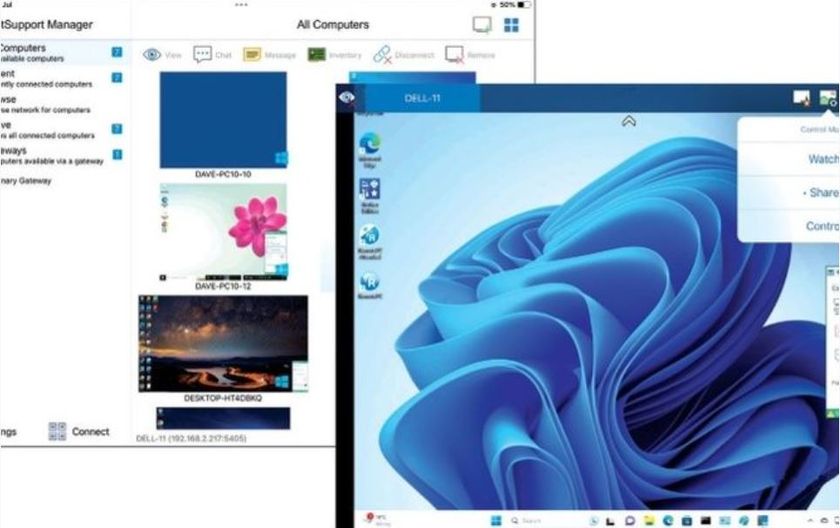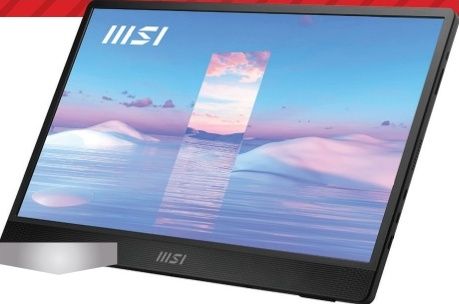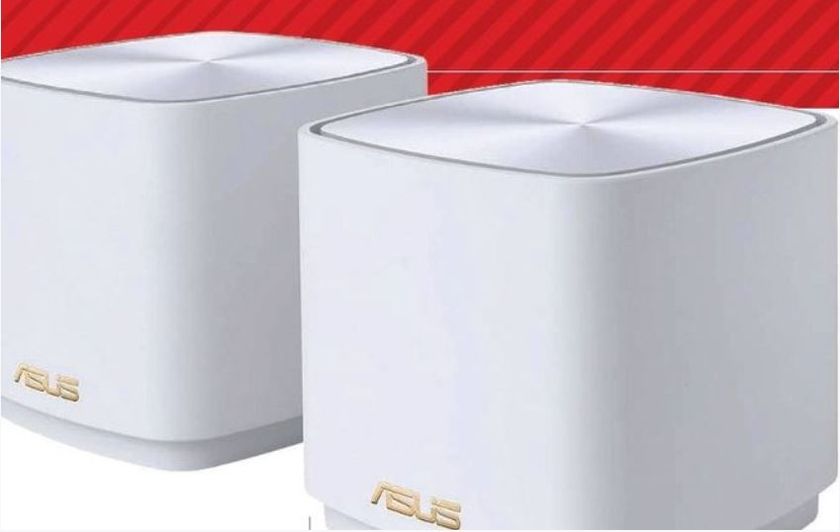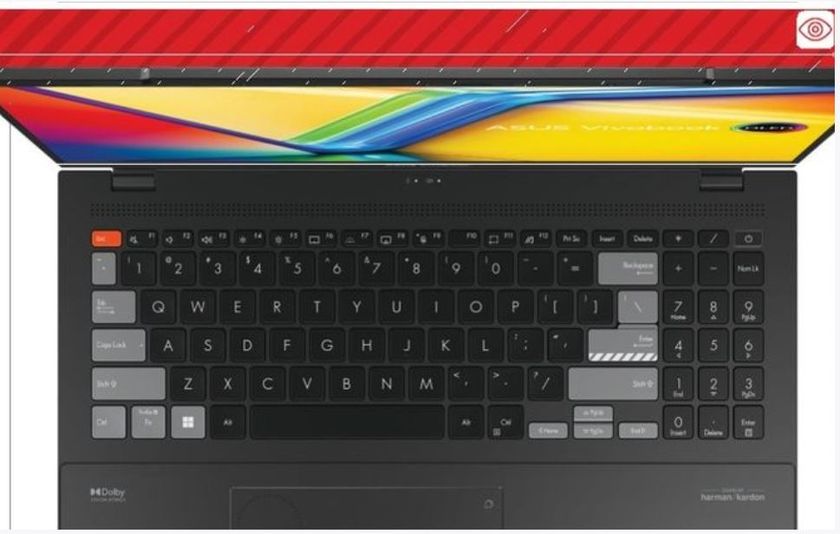TechRadar Verdict
Foldable phones are the future, but ZTE’s present-day take on the concept is here, bringing along some clever functionality to extend your work and play to a second screen. Be warned: this solid attempt is marred by its price, carrier exclusivity and some poor design choices.
Pros
- +
A lot of tech in a well-designed package
- +
Reliable, if uninspiring software
- +
Use cases are seemingly endless
Cons
- -
Expensive
- -
Limited to AT&T in the US
- -
Some apps aren’t compatible with all dual-screen modes
Why you can trust TechRadar
The ZTE Axon M is a smartphone with a futuristic twist. Following the competent, flagship-for-less ZTE Axon 7, its new Axon M is the wildest of curveballs in today’s somewhat stagnant mobile market. It’s a smartphone with a second display that folds out.
At its very best, the Axon M is a phone that helps you never miss a beat. Whether it’s fun or work you want to double, it’s the only modern phone out right now that can show two apps in native full-screen mode. Naturally, the possibilities are deep. Let’s rattle off a few.
On a drive? Leave Google Maps running on one of the screens and let the passenger be the DJ, flicking through your music library on the other screen without missing a turn. If you’re into Dungeons & Dragons, you can simultaneously host a video chat with friends on one screen and keep tabs on your character in the Roll20 app on the other. Heck, you can also just extend the experience with a tap to watch a video stretched across the Axon M’s two screens for a more tablet-like effect. And on, and on.

Novelty comes at a cost, of course, and a few Axon M’s greatest weaknesses are its somewhat high cost and carrier exclusivity with AT&T in the US. That, and compared to the similarly priced Samsung Galaxy S8 and Google Pixel 2, its software and camera are currently rough around the edges. By those low points alone, this phone is tough to recommend for its $725 asking price.
The Axon M is obviously a niche device, and to that niche it delivers something special in a surprisingly polished manner. Even when flipped shut, it feels high-end in its build quality and across the board, it’s packed with specs that help it deliver a good Android experience. But even at its best, it’s just not good enough for most people.
Design
Compared to the streamlined design found on many of today’s smartphones, even some affordable ones, the ZTE Axon M is bulky. Depending on who you ask, they’ll either hate it or be alright with it. I’m actually in the latter group, finding the sharp edges and broad strokes of the phone’s look and feel endearing in a year in which too many phones look the same.
Folded closed, the Axon M is almost as thick as a deck of cards and weighs more than the Samsung Galaxy Note 8. Oddly enough, its second screen doesn’t seem to add all that much to the weight – it’s a hearty phone even without it. But that doesn’t mean it’s all bad.

On its front, which nearly mirrors the back to the degree that it’s error-prone, ZTE employs an Gorilla Glass 5 cover over each of the 5.2-inch 1080p displays. The glass rocks a subtle 2.5D effect, making its soft curves a stark contrast to the sharp metal edges that wrap around the phone.
As far as visual indicators go, only on the front of this all-black phone will you find a camera, a flash, an ear speaker and the occasionally-blinking LED. That’s all you have to go off of. So, imagine if you’re picking up this phone in the dark, well, you have a 50/50 chance of picking up the correct side that shows you information. Those aren’t great odds, especially when you’ve paid so much on the phone, not on a gamble.




There are a few other hardware features sprinkled around the phone, like a 3.5mm headphone jack. Given the Axon M’s potential as an entertainment device, the versatility to go wired without the need for dongles is appreciated, as are the included earbuds.
Moving on, you’ll find a satisfyingly clicky volume rocker on the phone’s left-hand side and next to it, a power button with a fingerprint sensor built-in a la the Razer Phone, and Sony Xperia smartphones (outside of the US). ZTE’s foldable phone also houses a programmable Quick Launch button. There’s an option to launch the camera by tapping it twice, and also a setting to choose what a long press does. You can choose which app to boot from the ones you have installed, which indeed is a neat feature that you won’t commonly find in a phone.
Lastly, the phone’s bottom is where you’ll find two downward-firing speaker grilles and a USB-C charging port.

Perhaps the most useful hardware feature for a two-screened phone is its hinge, and the one built into the Axon M works as intended and seems built to last (ZTE’s two-year warranty backs it up). Pulling the second display away by its slightly raised lip and blossoming the Axon M into its full form is effortless and satisfying even, thanks to the hinge’s telling click that assures you that you’re into position. In that moment, the extra screen pops on and you can select between a few different display options to extend the work or fun.
Cameron is a writer at The Verge, focused on reviews, deals coverage, and news. He wrote for magazines and websites such as The Verge, TechRadar, Practical Photoshop, Polygon, Eater and Al Bawaba.
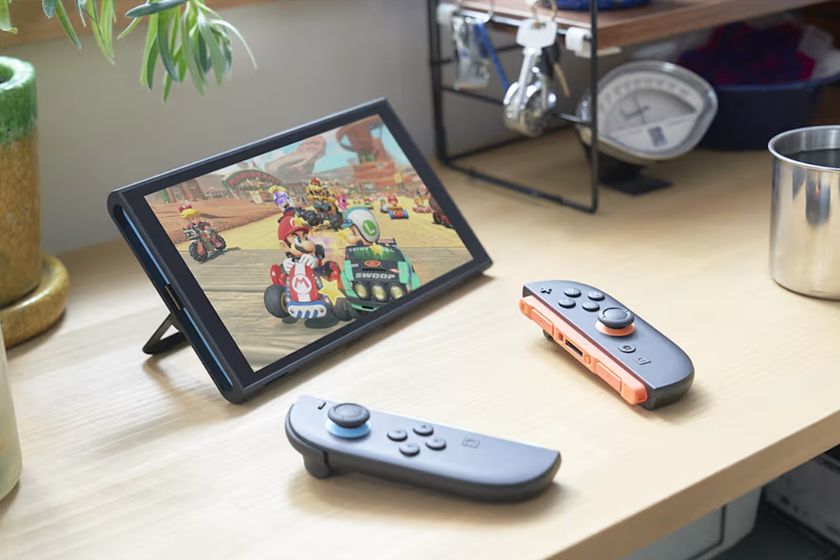
Nintendo will continue to support the original Switch following the Switch 2 launch, but don't bet on a price drop just yet
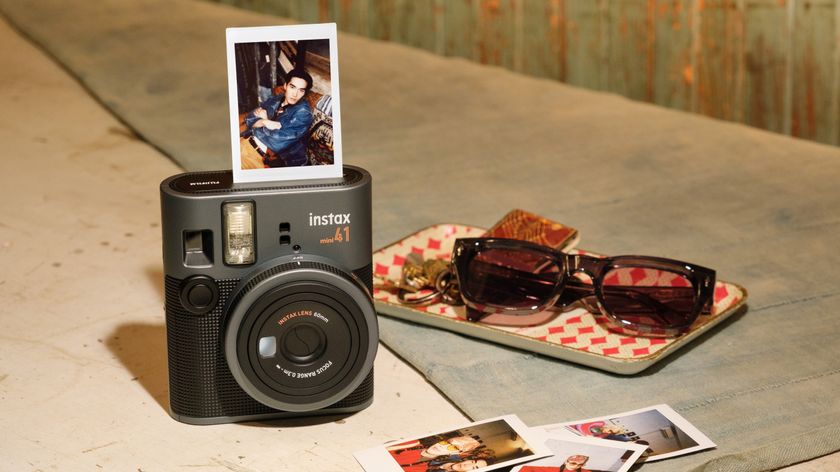
Fujifilm unveils chic Instax Mini 41 and it fixes two of my biggest problems with instant cameras
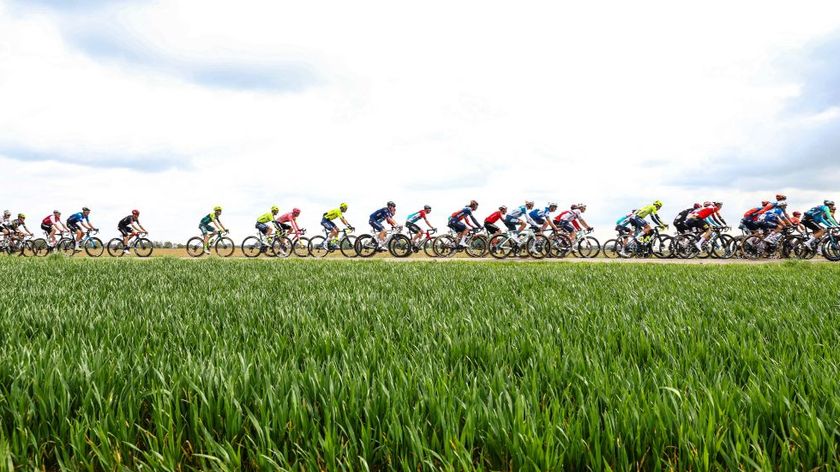
Amstel Gold Race 2025 live stream: Watch WorldTour cycling online from anywhere

